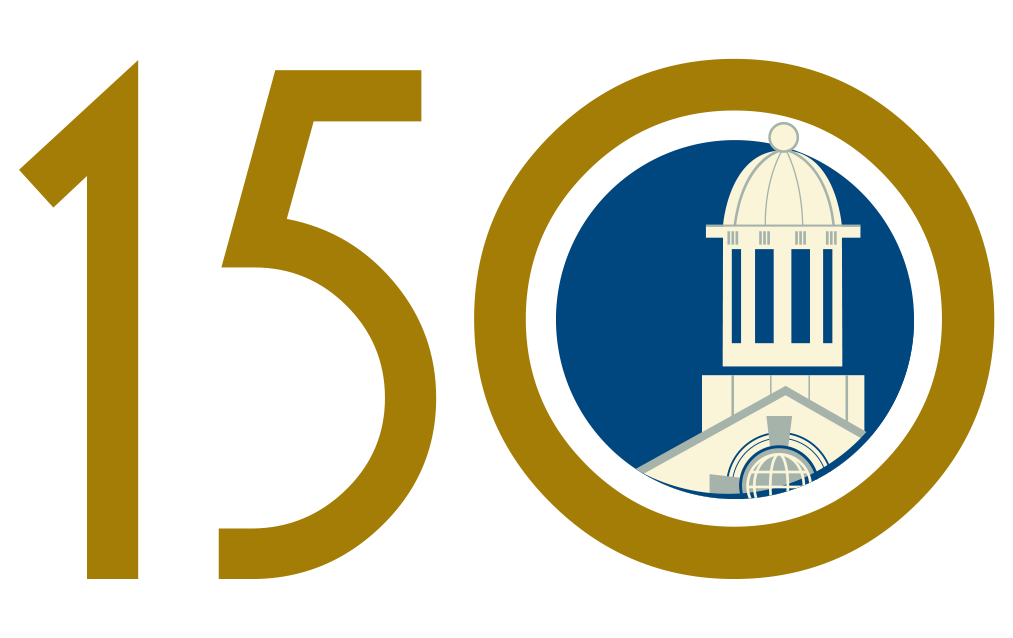
Have you been hearing the word reparations more often? Would you like to learn more about why some are calling for reparations for African Americans?
Join us for a four-week study group.
We will explore together why people are calling for reparations to redress past wrongs in our history, how reparations have been distributed historically to address harm to other groups, and various proposals for how to allocate reparations to descendants of formerly enslaved Africans who were brought to the United States against their will.
The goals of the study group are to educate ourselves about aspects of U.S. history we may not have learned in school, and to wrestle with issues of race and privilege and the harm caused by the institutions of slavery, segregation, and Jim Crow. Participants are encouraged to come with an open mind and a willingness to read and discuss the material to obtain a deeper understanding of a complex issue.
The main text we will use is The Black Reparations Project: A Handbook for Racial Justice, edited by William A. Darity Jr., A. Kirsten Mullen, and Lucas Hubbard. Copies are available through the library and can be picked up at the circulation desk. Other supplemental readings will be used, and we will provide an extensive list of resources.
Each session will focus on specific chapters. Participants are expected to read the designated chapters before attending the session. We ask that participants commit to attending all four sessions as we build on the lessons and discussions from each week.
- Week 1 (1/27/25): Introduction and Chapters 1-2
- Week 2 (2/3/25): Chapters 3-5
- Week 3 (2/10/25): Chapters 6-7
- Week 4 (2/24/25): Chapters 8-10
All are welcome to register for this study group, especially if you are looking for an opportunity to increase your understanding of race and antiracism and aspects of America’s history that have often been omitted or overlooked. This is intended to be a safe, focused space in which to discuss the systematic structures of racism and the work we can do individually and as a community to dismantle them.
The discussions will be facilitated by members of the Courageous Conversations planning team.
Space is limited and registration is required.
Courageous Conversations works to advance and amplify conversations about interpersonal and systemic racism, racial identity and privilege, and antiracism through community reads, films, facilitated conversations, speaker events, and panel discussions.
